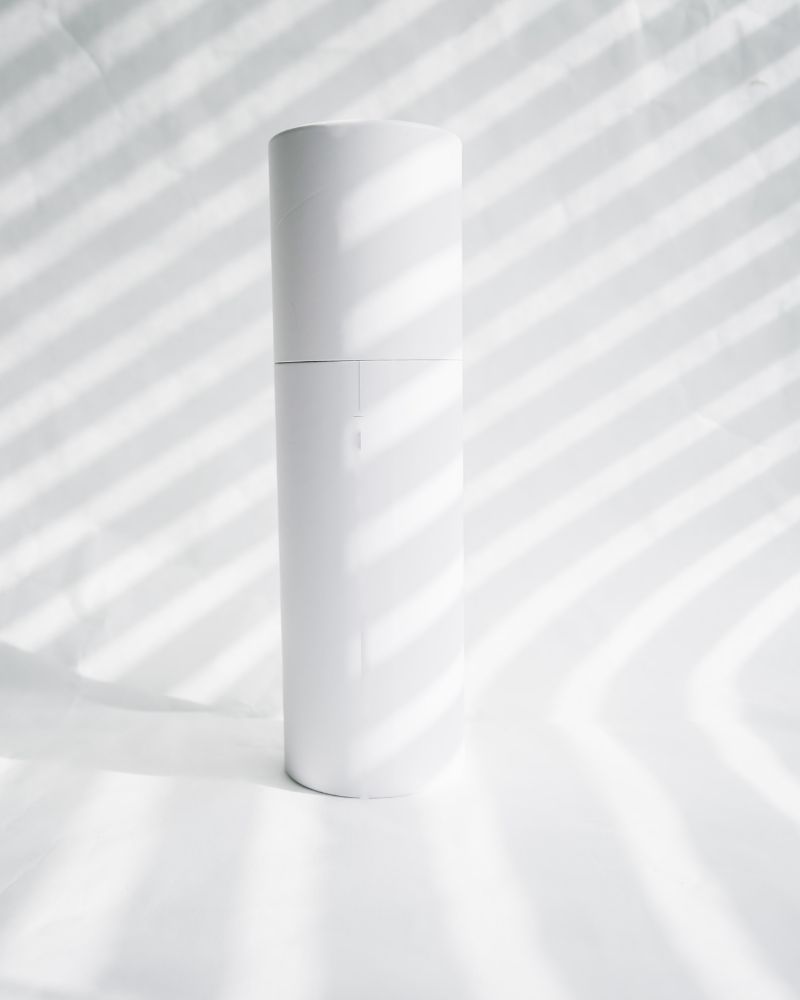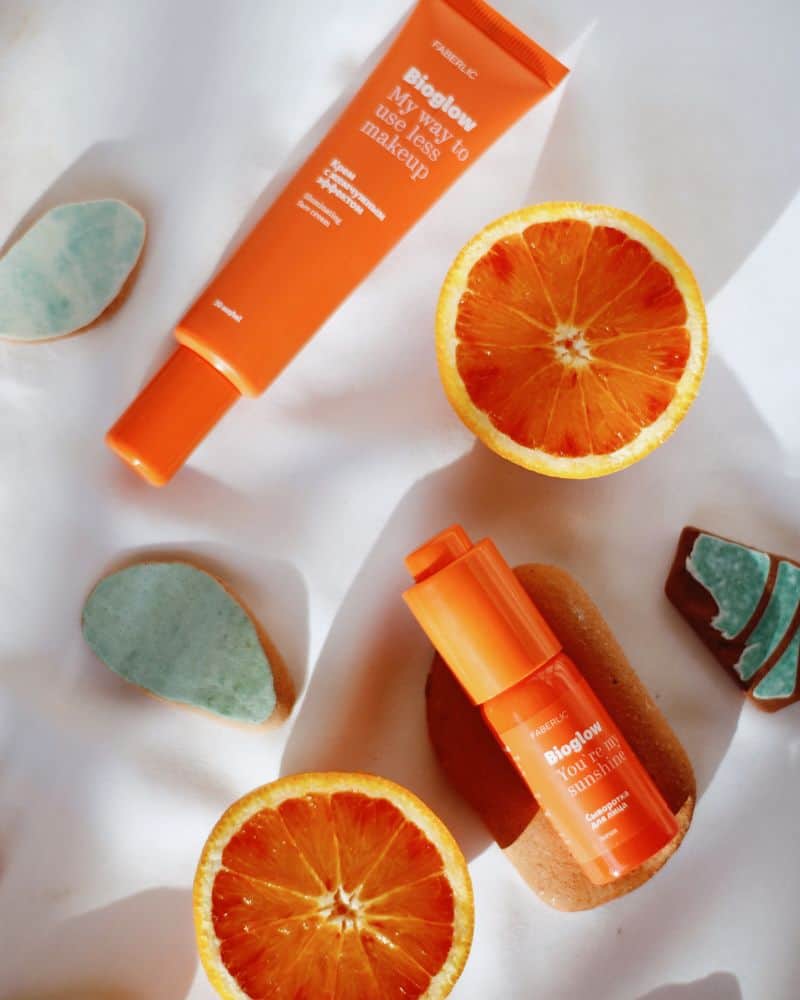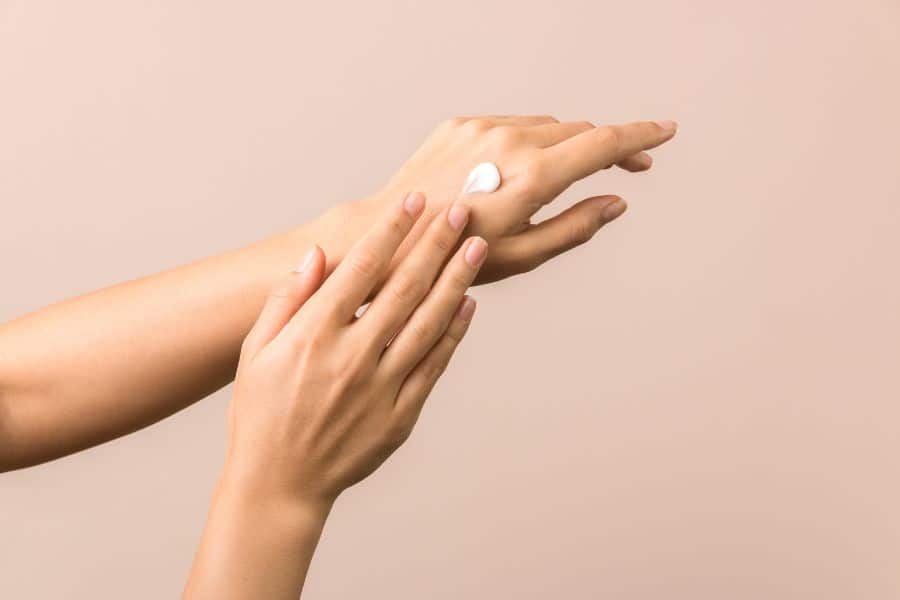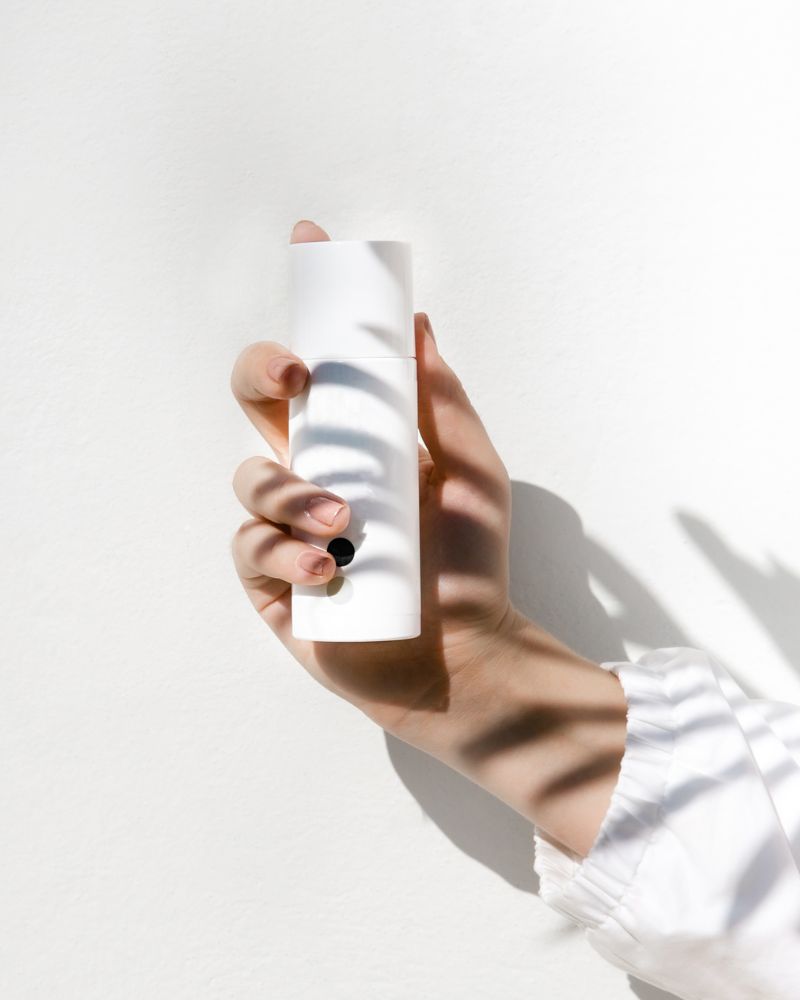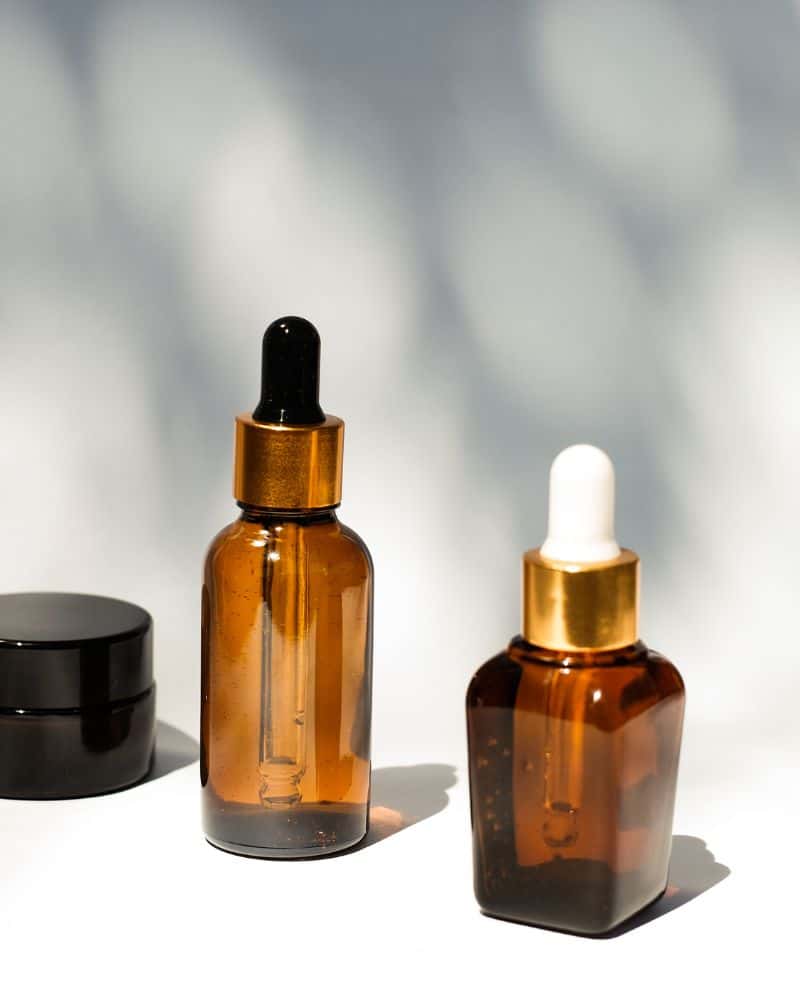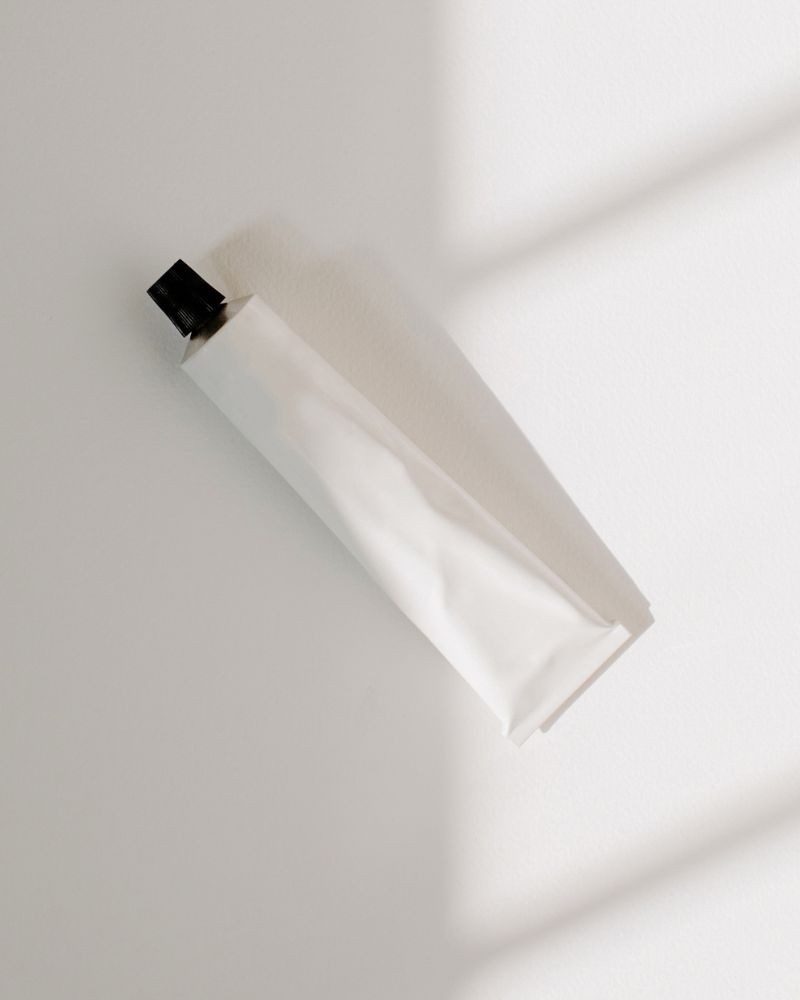Is Castor Oil Comedogenic? Everything You Need To Know
This post may contain affiliate links.

Does Castor Oil Clog Pores?
With oil cleansers, facial oils and other oil-based skincare products becoming more and more popular, but choosing the right oils for your skin is key to success. Some oils are extremely comedogenic and can lead to clogged pores and breakouts, while others are actually very safe and can actually help treat and prevent acne. One of the most popular oils in skincare is Castor Oil, known for its nutty smell and lightweight texture. But is Castor Oil comedogenic or is it safe to use?
What Is Castor Oil?
Castor oil, also known as Ricinus communis, is a plant-based oil that has been used for centuries to moisturize and heal the skin and one that’s also good for hair care. It comes from the castor seeds of the castor plant.
Castor Oil is rich in ricinoleic acid, which has anti-inflammatory properties that can be soothing to inflamed or infected skin. It’s also great at moisturizing the skin without being heavy. Castor oils has a ton of other benefits, which we’ll get into later.
Castor oil is cultivated from all over the world, but most of it comes from India, Brazil and Africa.
Here is the relative composition of Castor Oil in terms of its fatty acid contents. The fatty acid profile in an oil is really what helps determine whether or not an oil will potentially cause breakouts and clogged pores. The percentages may vary slightly, depending on the source of the Castor Oil.
Composition Of Castor Oil
- Ricinoleic – 84.2%
- Linoleic – 7.3%
- Oleic – 5.5%
- Palmitic – 1.3%
- Stearic 1.2%
What makes castor oil so special is its high concentration of the unique fatty acid, Ricinoleic Acid. This fatty acid is rarely found in other plant oils, which makes castor oil pretty dang special. And most research suggests that most of the unique properties of castor oil are because of its high concentration of this special omega fatty acid.
Types Of Castor Oil
There are many different types of facial oils, which can get confusing. When it comes to castor oil, it’s comedogenicity will be the same no matter the type. Here are some common types of castor oil you may see:
- Black castor oil
- Castor seed oil
- Hydrogenated castor oil
- Cold-pressed castor oil
Benefits of Castor Oil
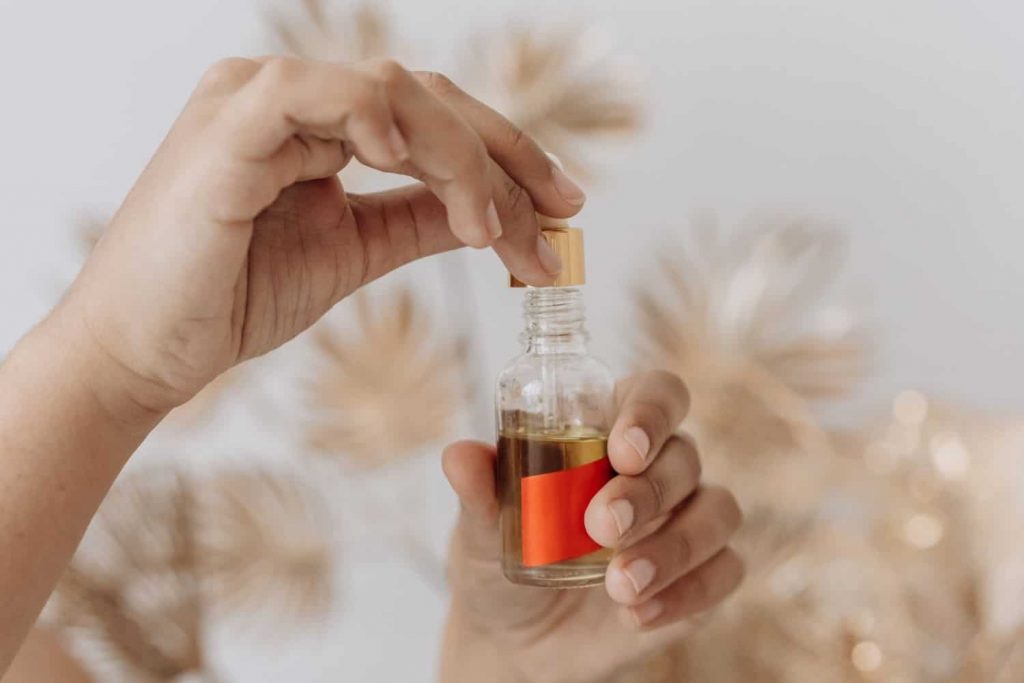
Because of its unique properties, castor oil has many different benefits, from acne treatment, skin nourishment, all the way to hair growth. Here are some of the major benefits of castor oil.
Here are some of the main benefits of castor oil:
- Anti-inflammatory: castor oil is an incredible anti-inflammatory agent, largely in part its high concentration of Ricinoleic Acid. Not only has castor oil been shown to help reduce inflammation associated with arthritis, it can also help to reduce inflammation in the skin, whether that’s from acne, irritation or other skin issues like eczema or psoriasis
- Antimicrobial – it’s also been shown that castor oil has strong antibacterial properties, which can help kill acne causing bacteria or even fungal infections or fungal acne
- Antioxidant – this study shows that castor oil is a strong antioxidant, which means it can help protect the skin against damage from UV rays, pollution or other environmental factors. Additionally, castor oil is a ‘free radical scavenger,’ which basically means it can neutralize harmful free radicals in our bodies that can lead to cell and DNA damage and premature aging
- Wound-healing – it’s been found that castor oil can promote wound healing, which can be anything from a small cut or scrap or something larger like an ulcer. It’s thought that castor oil stimulates tissue repair and new tissue growth to help heal wounds
- Hydrating – castor oil is a monounsaturated fatty acid, which makes it a great humectant. Humectants attract water molecules into the skin, which helps to keep skin hydrated and healthy. This helps the skin barrier stay strong while reducing dryness
Related Post: Benefits Of Watermelon Seed Oil
Castor Oil For Skin
Castor oil for the skin has been shown to be relatively safe for topical application. It’s commonly used in many beauty products (even lipsticks!). From cleansers to moisturizers, castor oil based products can have a ton of benefits without being heavy or greasy like many other oils.
Castor Oil For Acne
Ricinoleic Acid exhibits strong antibacterial properties, which means it can help kill acne causing bacteria. This is why castor oil is often recommended for acne-prone skin.
Castor Oil For Eyelashes & Eyebrows
Although there’s no scientific evidence to back up the claim that castor oil can help lashes grow longer and thicker, it’s often recommended for those who want to DIY a lash serum. People also swear by it for thicker eyebrows.
Castor Oil For Hair
Again, there’s so scientific evidence to back up the claim that castor oil promotes hair growth. However, it can help nourish and condition the hair, which can lead to stronger, healthier hair. And this can help promote hair growth.
Comedogenic Vs Non-Comedogenic: What Do They Mean?

You’ve probably seen the words “non-comedogenic” on skincare labels and wondered what the heck it actually means. It’s actually pretty simple.
Comedogenicity just refers to how likely the product is to clog pores or cause breakouts. Acne is caused when hair follicles become clogged with oil, bacteria ad dead skin cells, making it more difficult for the skin to breathe. If you have oily or acne-prone skin, you might want to avoid anything with a high comedogenicity rating since this can lead to additional breakouts.
Comedogenic means that it’s likely the product or ingredient will clog pores, especially if you have oily or acne-prone skin. Non-comedogenic, on the other hand, means it’s not likely the product or ingredient will clog pores.
The Comedogenicity Scale
The comedogencity scale is what we refer to when we want to know if a product or ingredient is comedogenic or non-comedogenic (or somewhere in between).
The comedogenic scale ranges from 0-5.
0- Does not clog pores
1- Low chance of clogging pores
2- Moderately low chance of clogging pores
3- Moderate chance of clogging pores
4- Fairly high chance of clogging pores
5- High chance of clogging pores
The general rule when it comes to using the comedogencicity scale is this: anything ranging from 0 to 2 is usually fine and won’t cause breakouts or clogged pores in most people. Anything 3-5 should be used with caution, especially if you have oily or acne-prone skin.
Is Castor Oil Comedogenic?
There’s been a lot of controversy surrounding castor oil and whether or not it clogs pores. A number of people find that products containing castor oil break them out, while others swear by it and say it helps keep their skin clear.
So is castor oil comedogenic? The answer is: no castor oil is not considered comedogenic, but it can really depend on your skin type.
Related post: Can Jojoba Oil Clog Pores?
Castor Oil Comedogenicity Rating
What is castor oil on the comedogenic scale? Castor Oil is rated a 1 on the comedogenicity scale, which means it has a low chance of clogging pores.
Since castor oil comedogenic rating is 0, there’s a slim chance of any issues of clogged pores or breakouts. In fact, castor oil is one of the most popular oils for those with acne prone and oily skin.
So generally, it’s safe for everyone to use without a big risk of clogged pores or acne. However, it’s important to remember that each person’s skin is so different and your skin may or may not like castor oil.
Related Post: Will Argan Oil Clog Pores?
Castor Oil Side Effects
When using castor oil on your face or skin, there’s always a risk of a reaction, just like anything else. While castor oil is well-tolerated by most people, there’s always a risk of an allergic reaction or other reaction. Your skin may just not like castor oil, which is why it’s always a good idea to do a patch test when using a new ingredient or product.
It has been reported that castor oil may cause side effects like irritation, itching or rashes. If this happens, it’s best to discontinue use of castor oil.
How To Use Castor Oil For The Skin
As mentioned above, it’s best to mix castor seed oil with another facial oil or moisturizer to dilute it. This will help reduce the risk of a negative reaction or side effects.
It’s usually recommended to dilute castor oil using a 1:1 ratio. If you wish to dilute it using another oil, just use a couple drops of it and a couple drops of castor oil. Or if you’re using it with a moisturizer, just add a couple drops and mix them together.
It’s important to note if you are mixing castor oil with another oil, be sure it’s non-comedogenic/acne safe as well.
Related post: Will Almond Oil Cause Acne And Clogged Pores?
Can Castor Oil Cause Pimples?
Research shows that castor oil does not cause pimples and can actually help treat acne because of its anti-inflammatory and anti-bacterial properties. However, keep in mind that just because there’s a low chance of clogged pores and acne, doesn’t mean it may not happen. Your skin may just not like castor oil.
Can I Put Castor Oil On My Face?
Yes, you can put castor oil on your face. It’s best used mixed in with other facial oils or mixed in with your moisturizer, since castor oil is so thick.
Can Castor Oil Irritate Skin?
It’s been shown that castor oil on the skin is well-tolerated and Is generally safe to use. However, there have been reports of skin irritation when using undiluted pure castor oil, which is why it’s usually recommended to mix castor oil with another oil or moisturizer.
Is Castor Oil Fungal Acne Safe?
Though it’s not been proven that castor oil can treat fungal acne, it does have strong antimicrobial properties, which means it may help kill the yeast or fungus that causes fungal acne.
Is Castor Oil Comedogenic? Wrap Up
So does castor oil clog pores? In general, no castor oil does not clog pores. Castor oil is a popular ingredient in skincare and can be used on the skin. However, it’s important to remember that not everyone will react well to castor oil, so always do a patch test before applying any new product or ingredient anywhere on your body.
